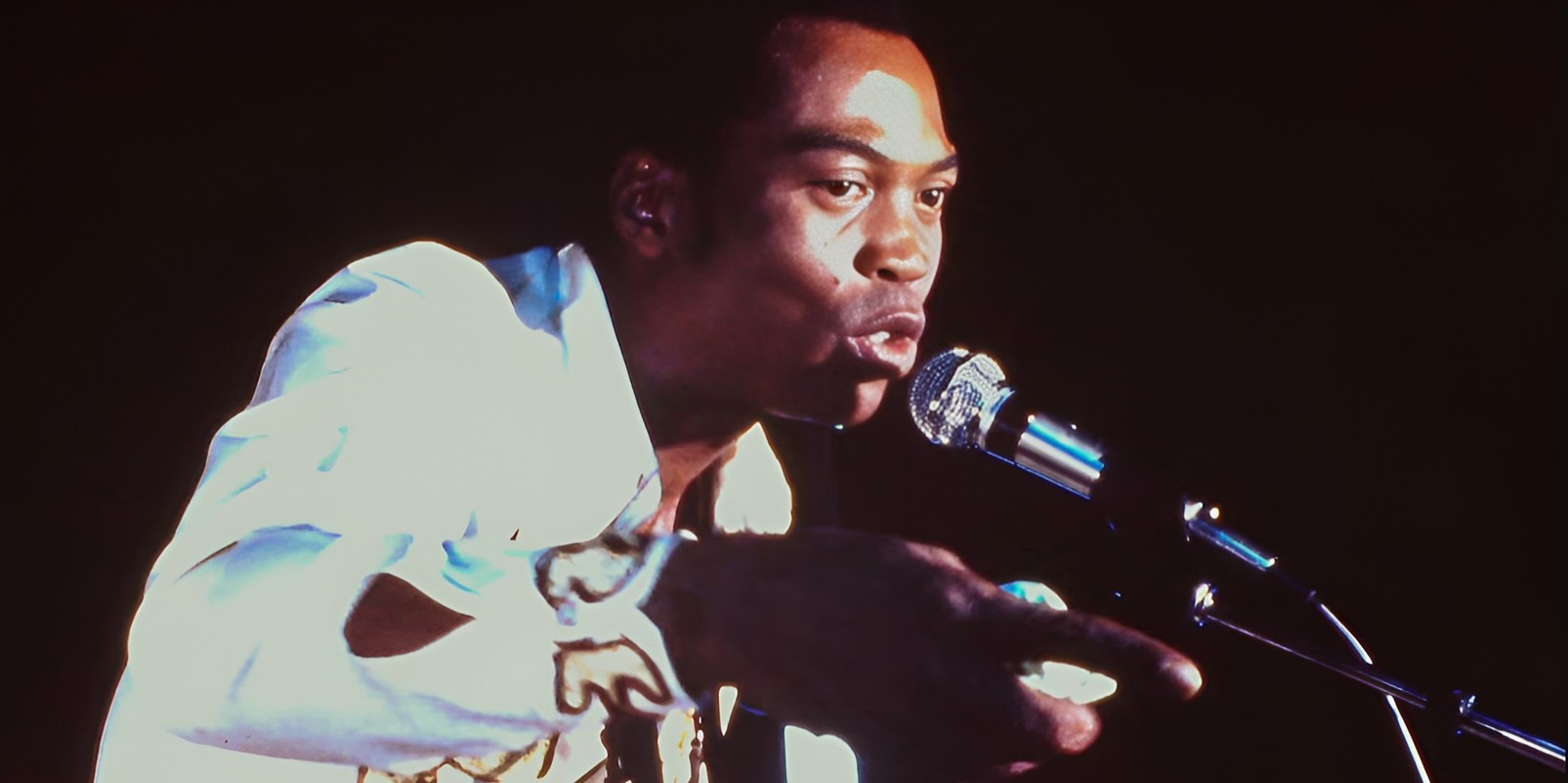Kenyan households struggle as fewer can afford basic needs, survey reveals

This marks a significant 10 per cent drop compared to the previous year, underscoring the deepening impact of economic pressures such as inflation, high living costs and stagnant wages.
A growing number of Kenyan households are struggling to meet basic needs such as food and shelter, according to the latest findings.
Data from the Consumer Outlook 2025 survey by market research firm NielsenIQ reveals a sharp decline in the number of Kenyans able to comfortably afford essentials.
More To Read
- Best biriyani in Eastleigh: Esli Hub Restaurant at Yare Towers delivers a flavour explosion
- CBK cuts lending rate to 9.5 per cent in seventh straight easing move
- Kenyan shilling holds steady at 129 against the dollar for a year
- Kenya's inflation climbs to 4.1 per cent amid fluctuating food prices, fuel costs
- From hobby to lifeline: How gardening is becoming a path to food security and resilience
- Kenya’s economic recovery in limbo as fiscal, debt pressures persist - Moody’s
“The proportion of Kenyans who only have enough for basic needs has dropped, with only 58 per cent saying they can currently cover basic needs such as food, housing, and utilities,” the report reads.
This marks a significant 10 per cent drop compared to the previous year, underscoring the deepening impact of economic pressures such as inflation, high living costs and stagnant wages.
The findings highlight the financial vulnerability faced by a majority of consumers, many of whom are now forced to prioritise or cut back on everyday expenses.
Notably, the survey also reveals growing public concern over the state of the economy, with a majority of Kenyans believing the country is already in a recession.
An overwhelming 91 per cent of respondents said they believe the economy is currently in decline, a rise of three percentage points from 88 per cent recorded the previous year.
Ideally, this reflects a widespread perception of economic hardship across the population.
The recessionary mindset is high across all generations, but Gen X feels it the most.
“This drives them to be especially cautious, focusing spending on essentials and cutting back on discretionary items,” the report says.
Generation X refers to people who are currently between 45 and 60 years old, born between 1965 and 1980.
In addition to the current sentiment, the future outlook has also dimmed.
The number of Kenyans who expect the country to slide into a recession within the next 12 months has risen to 63 per cent from 60 per cent in the previous year.
Millennials (aged 29 to 44) and Generation X are the most concerned about the ongoing economic decline.
On the other hand, job security is the key concern among Gen Z, currently aged 13 to 28 years.
In regard to key concerns shaping consumer spending this year, NielsenIQ says the country scores higher than the global average on issues such as rising food prices, economic downturn, and job insecurity.
The concerns show both marginal and significant increases compared to the previous year.
In response to these pressures, many consumers are adopting cost-saving strategies: closely tracking the overall cost of their shopping baskets, frequenting discount retailers, buying in bulk during sales, and prioritising essential items over discretionary spending.
They are also buying whatever brand is on promotion, switching to a lower-priced option, substituting for a lower-priced alternative, and using digital technologies to find better deals.
The report projects that over the next 12 months, consumers are likely to increase their spending on essential areas such as education and childcare, health and wellness, utilities and financial services.
In contrast, discretionary spending is expected to decline significantly, with categories like outdoor dining, holidays, clothing and apparel, memberships, entertainment, telecoms and rent facing notable cutbacks.
Top Stories Today












































